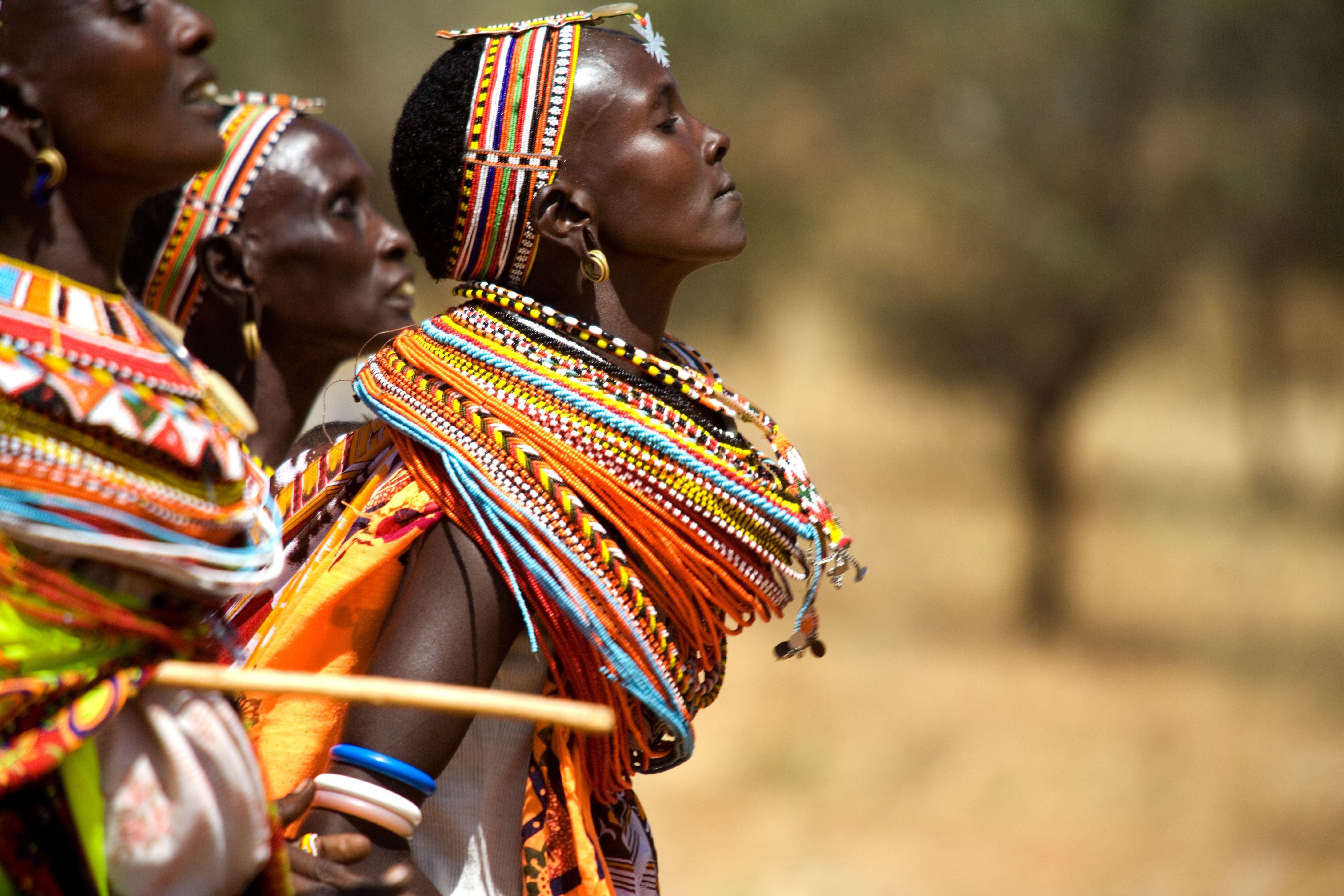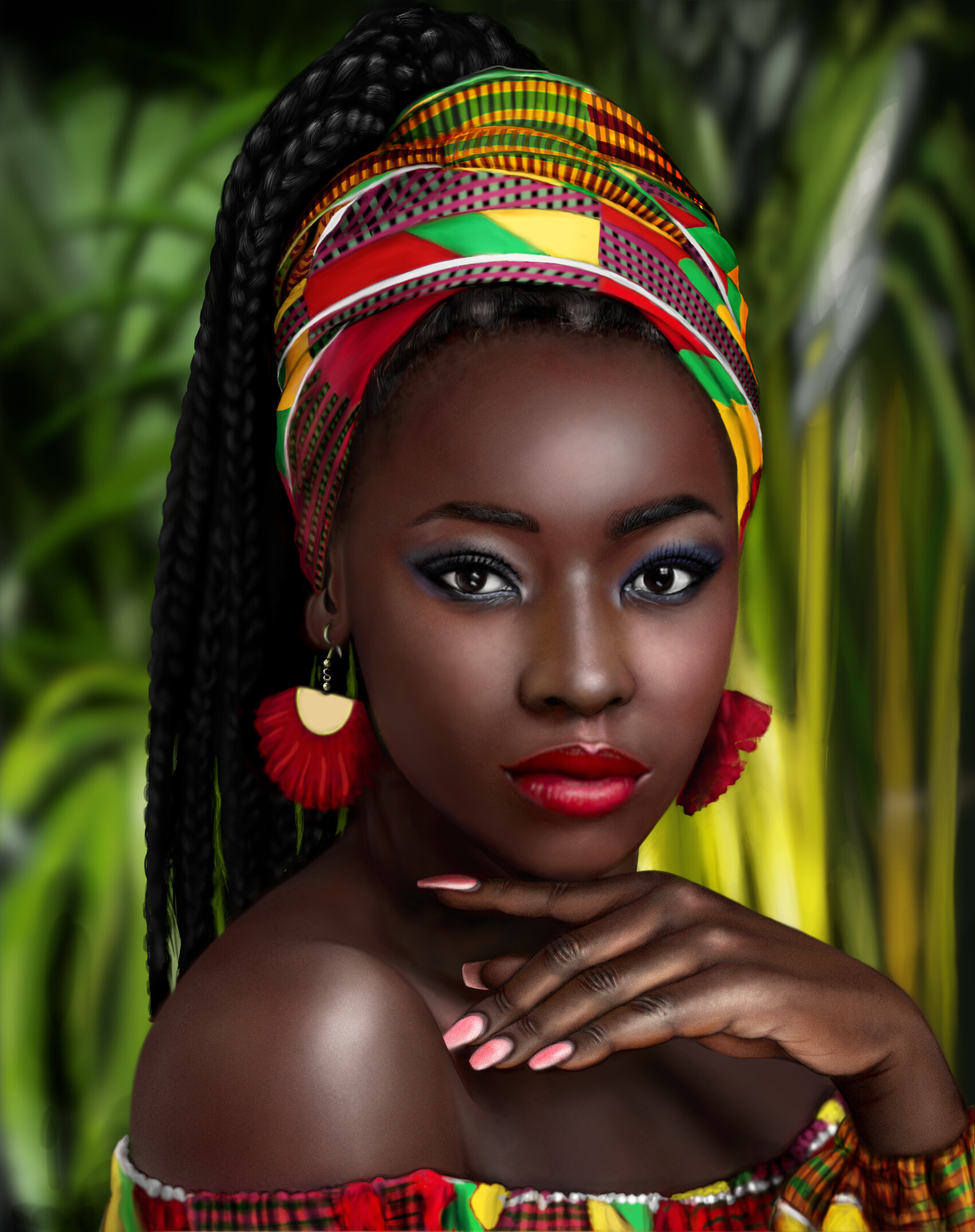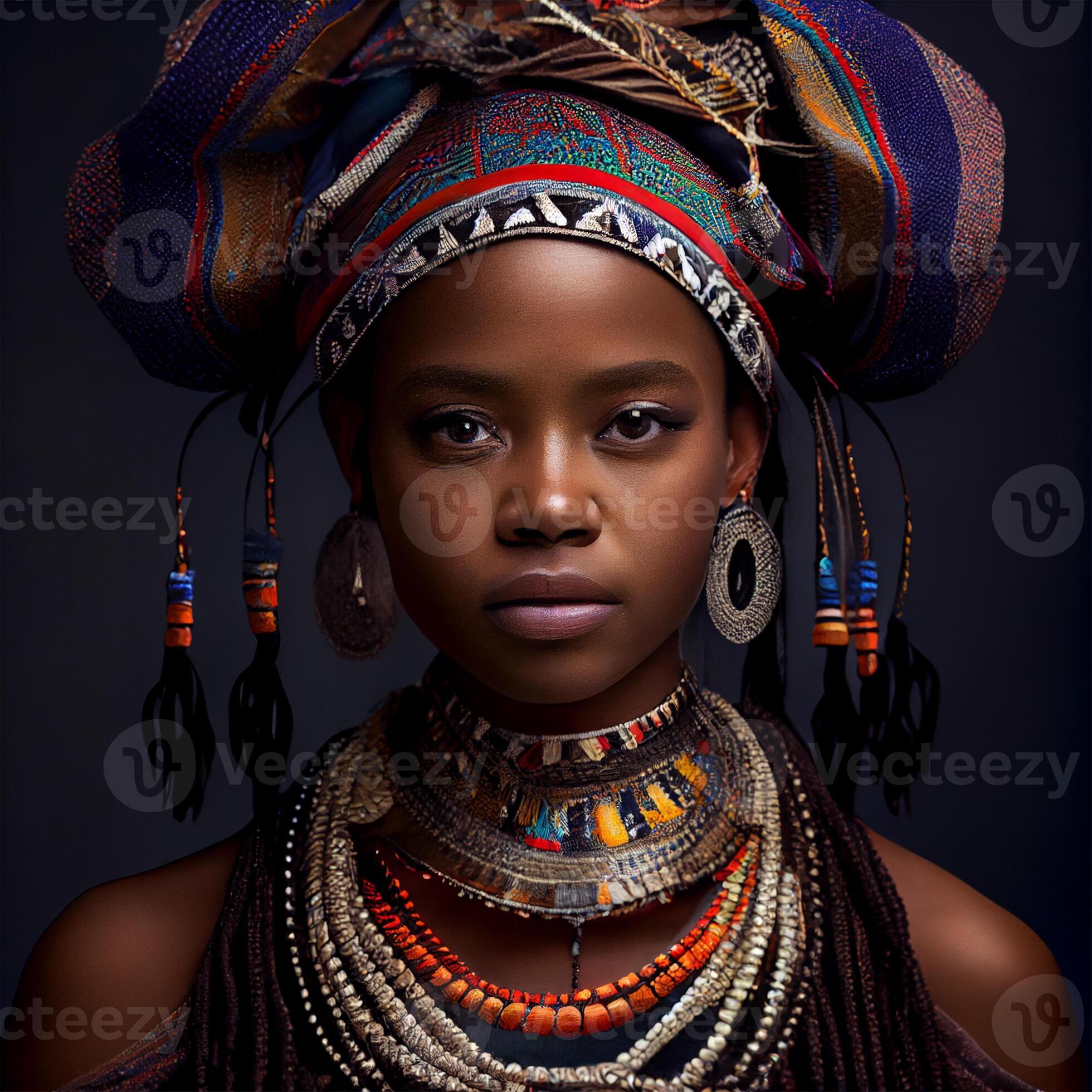The Diverse Face Of Africa: Beyond 'African Dude With No Teeth'
Sometimes, a simple phrase or an observation can spark a lot of thought about a place. When someone mentions an 'african dude with no teeth,' it might, you know, bring up questions about life and health on a whole continent. This kind of observation, really, makes us wonder about the many different experiences people have across Africa's vast lands. It is a continent, after all, that includes so much more than what a single image might suggest.
Africa, you see, is a place of incredible variety, stretching from South Africa all the way north to the Mediterranean Sea. It's a huge and truly diverse landmass, packed with different cultures, histories, and natural settings. To think of it in simple terms, or to base ideas on just one kind of observation, well, that just doesn't capture the true picture of this amazing part of our world. We have to look closer, basically.
This article aims to explore the broader context of Africa, moving past any single, narrow image. We will look at the continent's many regions, its rich past, and how all these elements shape the lives of its people. By understanding Africa's true scope, you know, we can get a much clearer idea of what life is like there, and why any observation should be seen within that larger, more complete view.
- Lebron Sunshine Meme
- Shinseki No Ko To Wo Tomaridakara
- Ynw Melly Mugshot
- Is Bruno Mars Brazilian
- Dont Give Me Hope
Table of Contents
- Understanding Africa's Vast Lands
- The Deep Roots of African History
- Exploring the Human Experience in Africa
- The Many Faces of African Culture
- Common Questions About Africa
Understanding Africa's Vast Lands
Africa is, quite simply, huge. It is a continent that includes not only its main landmass but also Madagascar and various archipelagos, so it's a bit more spread out than some might think. This immense size means that experiences and daily realities can vary dramatically from one place to another. What holds true in one part, you know, might be completely different just a few hundred miles away. This sheer scale is something we really need to grasp when we talk about Africa as a whole.
The map of Africa shows seas, country boundaries, countries, capital cities, major cities, islands, and lakes. It is a place filled with natural wonders, from the largest deserts to dense rainforests, and from towering mountains to vast savannas. These natural features, basically, play a big part in how people live and what challenges they might face. You can see, for example, how different the climate and resources are when you compare, say, a coastal city to an inland desert community.
When you consider the sheer number of countries, each with its own unique characteristics, it becomes pretty clear that making broad statements about "an African" person can be, well, a little too simple. The alphabetical list of African country names with their capitals, along with their regions and international standard country codes (ISO), really shows just how many distinct places exist. Each country, you know, has its own story, its own way of doing things, and its own population with diverse backgrounds.
- How To Say Hello In Indian
- Parmesan Stuffed Crust
- Wentworth Miller Homosexual
- Cómo Se Dice En Inglés Hola
- Fgteev Duddy Backstory
A Look at the Regions
To help make sense of this big continent, African regions are often treated under specific titles: Central Africa, Eastern Africa, North Africa, Southern Africa, and Western Africa. These divisions, you know, help us understand some common traits within those areas, but even within them, variety is the actual rule. Each region has its own particular climate, its own history, and its own mix of peoples, which really shapes the daily life there.
North Africa, for example, shares a lot of historical and cultural ties with the Middle East, with its dry landscapes and ancient cities. Southern Africa, on the other hand, is known for its diverse wildlife and rich mineral resources, and it has a very different kind of history, too. Eastern Africa is where you find some of the oldest human settlements, and it's also home to vast plains and, like, some really tall mountains. Western Africa, you know, is famous for its vibrant music, its long trading history, and its bustling markets.
Central Africa, meanwhile, is often characterized by its dense forests and major river systems, which create their own unique living conditions. These articles also contain the principal treatment of African topics, meaning they cover the main aspects of life and history in these areas. Understanding these regional differences is, in a way, key to appreciating the full scope of the continent and its people, rather than just seeing one kind of experience.
The Deep Roots of African History
African history is, like, incredibly rich and long. It goes back thousands of years, way before any modern nation states came into being. This long stretch of time has seen the rise and fall of powerful kingdoms, the growth of complex trade networks, and the development of unique cultural practices that are still seen today. The continent has always been a place of movement and change, with people migrating, ideas spreading, and different groups interacting in all sorts of ways.
From ancient Egypt in the north to the Great Zimbabwe ruins in the south, the continent holds countless stories of human ingenuity and resilience. These historical foundations, you know, truly shape the present-day realities for many people living there. Understanding this deep past helps us see that Africa is not, you know, a blank slate, but a place with a very long and detailed story, filled with its own triumphs and challenges. It's a history that's often overlooked, sadly.
The legacy of these historical periods, you know, can be seen in the languages spoken, the traditions practiced, and even the social structures that exist today. It's a history that has, basically, created a continent of incredible diversity, where each region and each country has its own particular historical path. This long and varied history means that any single observation about "an African" needs to be, well, put into this much bigger historical picture, rather than just taken at face value.
Moments of Change and Independence
Modern African history, especially, is full of revolutions and wars, as well as moments of great change. African independence movements had their first success in 1951, when Libya became the first former colony to become independent. This moment, you know, marked the beginning of a wave of nations gaining their freedom from colonial rule. It was a time of huge hope and, also, a lot of struggle across the continent.
The path to independence was not always smooth, and many countries faced difficult times, including conflicts and political shifts, even after gaining their freedom. These historical events, you know, have shaped the current political and social landscapes of many African nations. The challenges and successes of these independence movements are, basically, a huge part of understanding modern Africa and its people. They tell a story of resilience and a fight for self-determination.
The impact of these historical changes is still felt today, influencing how communities are structured, how economies develop, and how people interact with their governments and with each other. It's a complex story, to be honest, and it means that the experiences of people in Africa are often shaped by these very recent historical events, as well as the much older ones. This history, in a way, is always present in the daily lives of people across the continent.
Exploring the Human Experience in Africa
When we talk about the human experience in Africa, it is really about understanding the daily lives of millions of people, each with their own unique circumstances. The continent's vastness and diversity mean that life for someone in a bustling city in Nigeria might be, like, completely different from life for someone in a rural village in Tanzania. Yet, there are also common threads that connect people, such as strong community ties and a deep connection to their heritage. This is a very human-centric way of looking at things.
People across Africa work in various fields, from farming and fishing to technology and creative arts. They build homes, raise families, and contribute to their communities in countless ways. The challenges they face, you know, can be varied too, including access to resources, education, and healthcare. But despite these challenges, there's often a remarkable spirit of resilience and innovation that shines through, basically, in everyday life. You see people finding solutions and supporting each other, which is pretty inspiring.
Understanding the human experience means looking beyond simple observations and appreciating the rich lives that people lead. It means recognizing that every person has a story, a family, and a place within their community. This perspective, you know, helps us move past any single, perhaps incomplete, idea of what life is like for people in Africa and helps us, you know, see the full picture. It's about seeing the humanity in every person, no matter where they are from.
Daily Life and Community Structures
Daily life in Africa, you know, is incredibly varied, just like the continent itself. In many rural areas, life might revolve around traditional farming practices, where communities work together to grow food and sustain themselves. Family connections are often very strong, and older generations, you know, typically pass down knowledge and stories to the younger ones. This sense of community and shared responsibility is, in some respects, a defining feature for many.
In contrast, life in Africa's major cities, like Lagos or Cairo, is often fast-paced and, like, very modern. These cities are hubs of commerce, culture, and innovation, attracting people from all walks of life. Here, you find diverse job opportunities, modern infrastructure, and a mix of traditional and contemporary lifestyles. The pace of life, you know, is often similar to that in other big cities around the world, with people navigating busy streets and, you know, working in various industries.
Across both rural and urban settings, community structures play a very important role. Whether it's through extended family networks, local associations, or religious groups, people often rely on these connections for support, celebration, and, like, a sense of belonging. This focus on community, basically, helps people deal with life's ups and downs and creates a strong social fabric. It's a pretty powerful aspect of life for many people across the continent.
Health and Well-being Across the Continent
When thinking about health and well-being in Africa, it's important to remember that conditions can vary greatly, just like everything else. Access to healthcare, for example, can be different depending on where you live, whether it's a big city or a remote village. Some areas have modern hospitals and clinics, while others might rely on traditional healers or have very limited medical services. This variation, you know, is a key part of the health picture.
Dental health, specifically, is a part of overall well-being, and it too reflects these regional differences. In some communities, traditional diets and practices might naturally support good oral health, while in others, a lack of access to modern dental care or changes in diet could lead to problems. Factors like nutrition, hygiene practices, and the availability of clean water, you know, all play a role in how healthy people's teeth are. It's not just one thing, you know.
Historical factors, as a matter of fact, also play a part. The impact of past events, like colonial rule or periods of conflict, can still affect healthcare systems and public health initiatives today. Modern African history is, after all, full of revolutions and wars, which sometimes, you know, disrupt services. However, there are also many efforts underway to improve health outcomes across the continent, with new initiatives and partnerships working to bring better care to more people. This is, basically, an ongoing effort.
For more general information about global health trends and initiatives, you could look at reports from organizations like the World Health Organization Regional Office for Africa. They often publish data and studies that provide a broader view of health conditions and efforts to improve them. This kind of information, you know, helps paint a more complete picture of health across the continent, showing both the challenges and the progress being made.
The Many Faces of African Culture
Africa's cultural landscape is, like, incredibly rich and diverse, truly reflecting the continent's many peoples and histories. Each region, and even each country, has its own unique cultural expressions, from vibrant art forms and traditional music to distinct culinary practices and storytelling traditions. These cultural elements are, basically, deeply woven into the fabric of daily life and, you know, help define identity for many.
The continent's art, for example, is world-renowned, with intricate sculptures, colorful textiles, and expressive masks that tell stories of ancestry, spirituality, and community life. Music and dance are also very central to many African cultures, often used in celebrations, ceremonies, and as a way to pass down history. These cultural practices, you know, are not static; they are constantly evolving, blending traditional forms with modern influences, which is pretty cool.
Food is another very important part of African culture, with a huge variety of dishes that reflect local ingredients and cooking methods. From the spicy stews of West Africa to the flavorful tagines of North Africa, and the hearty meals of Southern Africa, each region offers its own distinct tastes. These culinary traditions, you know, often bring people together and are a central part of family and community gatherings, really showing the warmth of the people.
Traditions and Modern Life
Life in Africa often involves a fascinating mix of ancient traditions and modern ways. Many communities, you know, still hold onto customs that have been passed down through generations, honoring their ancestors and maintaining a strong connection to their past. These traditions can include specific rituals, ceremonies, and social norms that guide daily interactions and community life. It's a very deep connection to history, basically.
At the same time, modern life in Africa is, like, increasingly influenced by global trends, technology, and contemporary ideas. Cities are growing, new industries are emerging, and young people are, you know, finding new ways to express themselves and build their futures. This blend of old and new is, in a way, one of the most interesting aspects of the continent today, showing its dynamism and capacity for change. You see this mix everywhere, actually.
This interplay means that someone living in Africa might, you know, participate in a traditional ceremony one day and then use a smartphone to connect with friends or conduct business the next. It's a continent that is, basically, always moving forward while also holding onto its rich heritage. This complex blend is what makes African cultures so vibrant and, you know, so endlessly interesting to explore. Learn more about African history on our site, and link to this page for more on diverse cultural practices.
Common Questions About Africa
What are the main regions of Africa?
Africa is typically divided into five main regions for study and understanding: Central Africa, Eastern Africa, North Africa, Southern Africa, and Western Africa. These divisions help to group countries with similar geographical, historical, or cultural characteristics, but each region, you know, still holds a lot of diversity within it. It's a useful way to organize such a large continent, basically.
When did African countries start gaining independence?
African independence movements had their first success in 1951, when Libya became the first former colony to become independent. This event marked the beginning of a significant period in the mid-20th century where many African nations gained their freedom from colonial rule. It was a time of, like, huge political change across the continent, really reshaping its future.
How diverse is the continent of Africa?
Africa is, you know, incredibly diverse, extending from South Africa northward to the Mediterranean Sea and including Madagascar and various archipelagos. This vastness means it has a huge range of climates, landscapes, cultures, languages, and historical experiences. With many countries, each with its own unique identity, it's pretty much one of the most diverse places on Earth, honestly.



Detail Author 👤:
- Name : Minerva Jacobi
- Username : morar.teresa
- Email : arne35@reichert.com
- Birthdate : 1979-07-04
- Address : 6762 Wilford Fork Murlmouth, MI 00243
- Phone : +1-469-993-5111
- Company : Lesch Ltd
- Job : Mixing and Blending Machine Operator
- Bio : Maxime excepturi nulla sequi. Nam voluptas ducimus ex numquam perferendis repellat.
Socials 🌐
tiktok:
- url : https://tiktok.com/@thaddeus.robel
- username : thaddeus.robel
- bio : Culpa doloremque magni non consequatur. Iusto delectus sequi neque.
- followers : 2334
- following : 2098
linkedin:
- url : https://linkedin.com/in/thaddeus_robel
- username : thaddeus_robel
- bio : Consequatur aspernatur sint ut sit.
- followers : 3728
- following : 1935
instagram:
- url : https://instagram.com/trobel
- username : trobel
- bio : Veniam commodi neque reiciendis blanditiis illo libero voluptas quo. Sed qui ducimus est voluptas.
- followers : 899
- following : 1975
facebook:
- url : https://facebook.com/thaddeus.robel
- username : thaddeus.robel
- bio : Tenetur enim perferendis quia eligendi ut repellendus.
- followers : 1841
- following : 2557
twitter:
- url : https://twitter.com/thaddeus.robel
- username : thaddeus.robel
- bio : Amet molestias eligendi repellendus ut neque alias. Et tempora sit velit commodi omnis. Accusamus fugiat voluptatem quisquam ut eaque.
- followers : 6090
- following : 2475